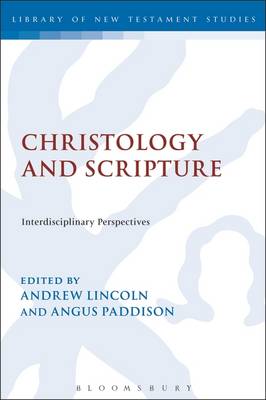The Library of New Testament Studies
1 total work
Contributions to this volume focus on three issues, best understood as porous in their relationship with each other. The first of these is the method of theological exegesis. This text asks questions about how do theologians go about reading Scripture around Christ and what contribution (if any) historical-criticism makes to this endeavour. These hermeneutical issues are therefore concerned with constructing a credible mode of Scriptural exegesis that can be related to Christological doctrine. The second issue is that of the person and work of Christ in relation to Scripture. As an exercise in Christological thinking, contributors engage with the related questions of who Christ is and how his benefits are communicated, and in bringing these answers into relation with specific texts. Contributors focus both on the theological exegesis of disparate parts of the canon and on more contained sections. The third and final issue is that of responsiveness to our current context of reading. Theological thinking cannot, and should not, fail to respond to the context in which it goes about its business, and to this end contributors relate their thinking to postmodern categories of thought.
Whether postmodernity is embraced, rejected, or approached with trepidation is of less significance than that it provides an ongoing background for the deliberations. Likewise, a responsibility to our context of reading leads to contributor reflection on how Christological models relate to relevant cultural and political contexts.
Whether postmodernity is embraced, rejected, or approached with trepidation is of less significance than that it provides an ongoing background for the deliberations. Likewise, a responsibility to our context of reading leads to contributor reflection on how Christological models relate to relevant cultural and political contexts.
